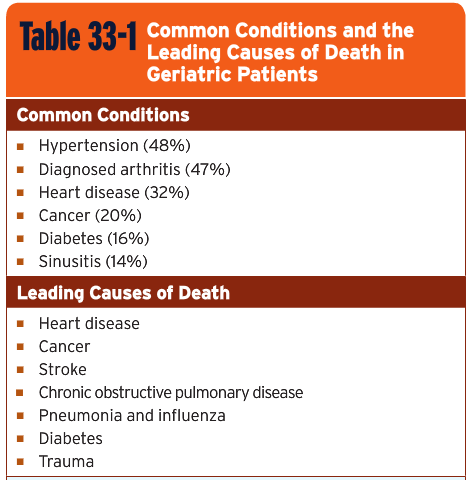Jaye
ミㅇㅅㅇ彡
So I've been world-building a high fantasy world basically from the ground up. Long-slog but I'm getting there. It is, primarily, a setting intended for dice roleplaying (specifically FATE Core).
Now, after creating the magic system, I came across an odd problem. See there's a type of magic called "White Magic" that is essentially "Lifeforce Magic". It's healing magic (think the cleric sort of class or any MMO healer) but it's also necromancy. Because I wanted to point out that both were sort of similar, essentially.
But... that means I have a force in the fantasy world that can keep someone alive - really truly alive (if you just constantly 'heal' death) - forever.
So... Why do people die?
A friend I consulted suggested that there was some material price to using magic, but honestly I've never particularly liked that sort of system (think DnD's spell components).
I've been trying to imply that most societies believe that death is the natural order of things and that there's a strong taboo against immortality. (For instance, their deities are immortal and that's seen as a grave sacrifice that the deities make for the good of their people).
Does anyone have any other suggestions? Any opinions on the above ideas? I have a short doc about the fantasy-people's belief that death is the natural order, if anyone wants that.
Now, after creating the magic system, I came across an odd problem. See there's a type of magic called "White Magic" that is essentially "Lifeforce Magic". It's healing magic (think the cleric sort of class or any MMO healer) but it's also necromancy. Because I wanted to point out that both were sort of similar, essentially.
But... that means I have a force in the fantasy world that can keep someone alive - really truly alive (if you just constantly 'heal' death) - forever.
So... Why do people die?
A friend I consulted suggested that there was some material price to using magic, but honestly I've never particularly liked that sort of system (think DnD's spell components).
I've been trying to imply that most societies believe that death is the natural order of things and that there's a strong taboo against immortality. (For instance, their deities are immortal and that's seen as a grave sacrifice that the deities make for the good of their people).
Does anyone have any other suggestions? Any opinions on the above ideas? I have a short doc about the fantasy-people's belief that death is the natural order, if anyone wants that.


